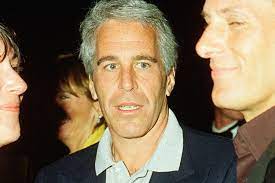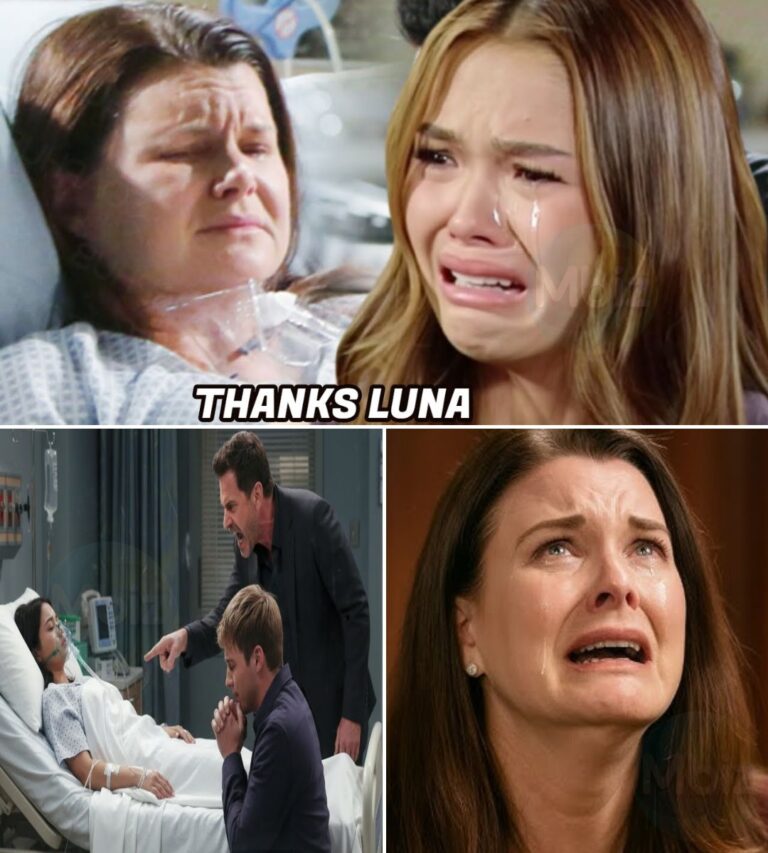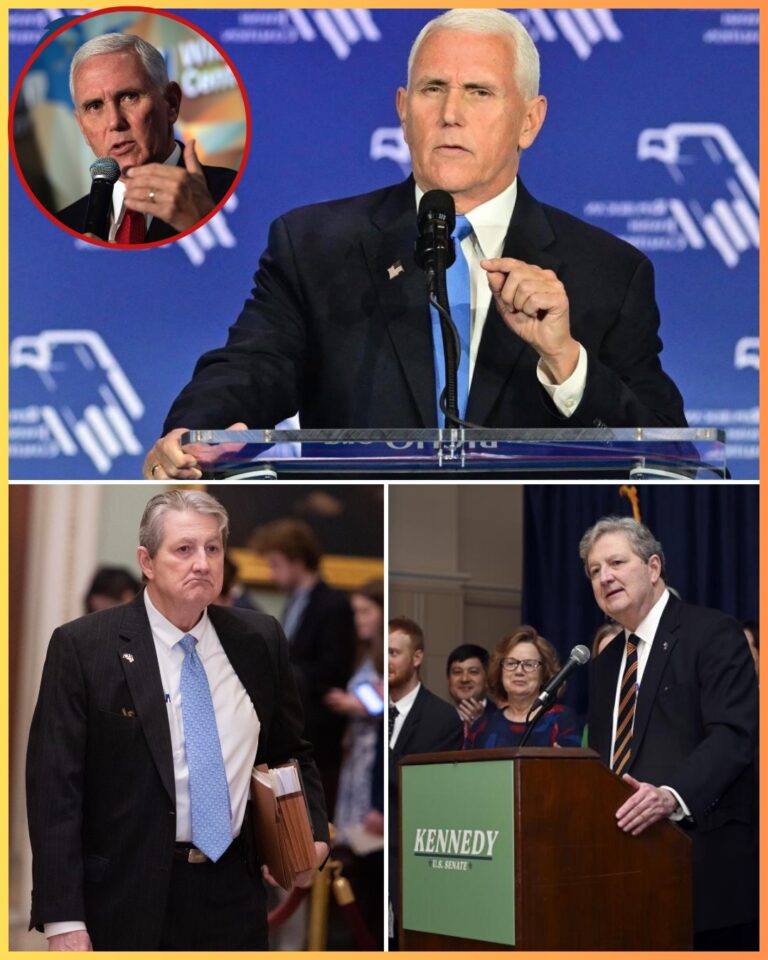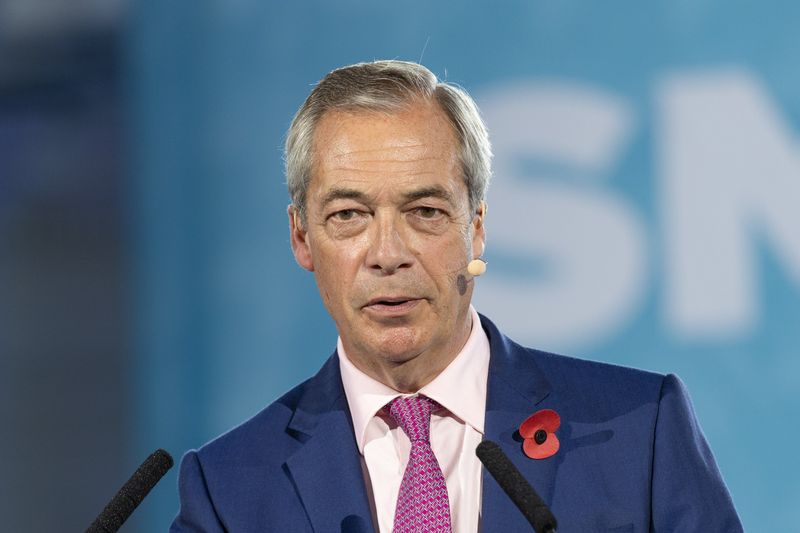Secrets of the Mansion: Behind the Walls of Epstein’s Empire

Imagine an island paradise with white sand beaches and turquoise waves lapping at the shore. The palm trees sway like silent guards. Now picture that same place as a secret lair of nightmares, where the world’s most powerful people watched as innocent young lives were destroyed. Little Saint James was Jeffrey Epstein’s sick kingdom, which he bought for millions in 1998. What began as a rich person’s vacation spot became a terrifying center of abuse that drew in young girls who would never forget what happened.
Epstein wasn’t born into this evil world. Think of a scrappy kid from the streets of Brooklyn in 1953 who worked his way up from being a teacher to a Wall Street wizard. His big chance? Leslie Wexner, the retail king who owns Victoria’s Secret, gave me a golden ticket. Wexner didn’t just give Epstein money; he also gave him the power of attorney over billions of dollars. Epstein’s life suddenly filled with private jets, huge mansions, and a Rolodex full of the most powerful people in the world.

Join the inner circle. With his royal charm, Prince Andrew. Bill Clinton, who had just left the White House. And Bill Gates, the tech giant who later said he wished they hadn’t talked. These weren’t just casual hellos; they were links in a web of power. Epstein acted like a secretive puppet master, paying for smart science projects one day and sharing secrets the next. But Ghislaine Maxwell, his sharp-witted partner in crime, was hiding behind the glitz. Maxwell grew up in a family of media stars that was hurt by her father’s scandals. She became Epstein’s right-hand woman. Rumors say she lured weak teens with promises of modeling jobs or college dreams, only to trap them in a cycle of grooming and pain.
There were strange vibes all over the island—guarded paths, a blue-striped temple-like building that started a lot of rumors. Girls as young as 14 came with big eyes, some on Epstein’s infamous “Lolita Express” plane. What happened next? Heartbreaking stories of coercion, hidden cameras, and a revolving door of abusers protected by Epstein’s money. “It felt like a dream at first,” one survivor said in court later, her voice breaking. “Then it turned into my jail.” Epstein’s life was like walking a tightrope: he had to impress donors and avoid the police.
n 2006, brave victims spoke out, and things started to fall apart. Police in Palm Beach broke into his Florida mansion and found a black book of names and proof of parties that went wrong. Epstein was charged with paying minors for “massages” that turned into something bad. But what about justice? It went away like smoke. In 2008, the “plea deal of the century” was made by prosecutor Alex Acosta (who later became Trump’s Labor Secretary) and Epstein’s tough lawyer, Alan Dershowitz. He only had to serve 18 months in a nice county jail, with the option to work and drink coffee at his office, and no one else could be charged. One investigator said, “The most famous non-prosecution agreement in history.”
Epstein dusted himself off and jumped back into the elite world after being freed. He flew to parties, met famous people, and even flirted with a French hideout where the law was very flexible. Are you on the sex offender list? Just a footnote in his fancy writing. But the shadows kept getting longer. A new wave of lawsuits and news stories hit in 2019. The New York Times published flight logs that mentioned Clinton 26 times. Virginia Giuffre’s claims against Prince Andrew shook Buckingham Palace.
That July, federal agents finally caught him at Teterboro Airport and took him to the Metropolitan Correctional Center. Epstein, who was 66 and trapped, would spend the rest of his life in prison. But what about 36 hours later? He was dead; they found him hanged in his cell on August 10. The coroner said it was suicide. Guards asleep, cameras not working right, and broken neck bones fueling rumors of murder. “Epstein didn’t kill himself” became a grim chant on the internet, echoing doubts about a system that let him live for so long.
Maxwell? She couldn’t get away from the fallout. In 2020, she was caught hiding in a mansion in New Hampshire. In 2021, she went to trial. Jurors heard horrible stories about teens being bribed with money, clothes, and a “pyramid scheme of abuse.” She was found guilty on five counts and sentenced to 20 years in prison. This is a clear reminder that even those who help others will eventually pay.
Epstein’s story isn’t just about one man’s fall; it’s a reflection of our world. How did money change the way justice worked? Why did the powerful turn away? As survivors like Giuffre keep fighting for open files and real change, one thing is clear: paradise lost can teach us how to protect the innocent. What dark things are hiding in your backyard of power? The island is sold now, but its ghosts are still there.





